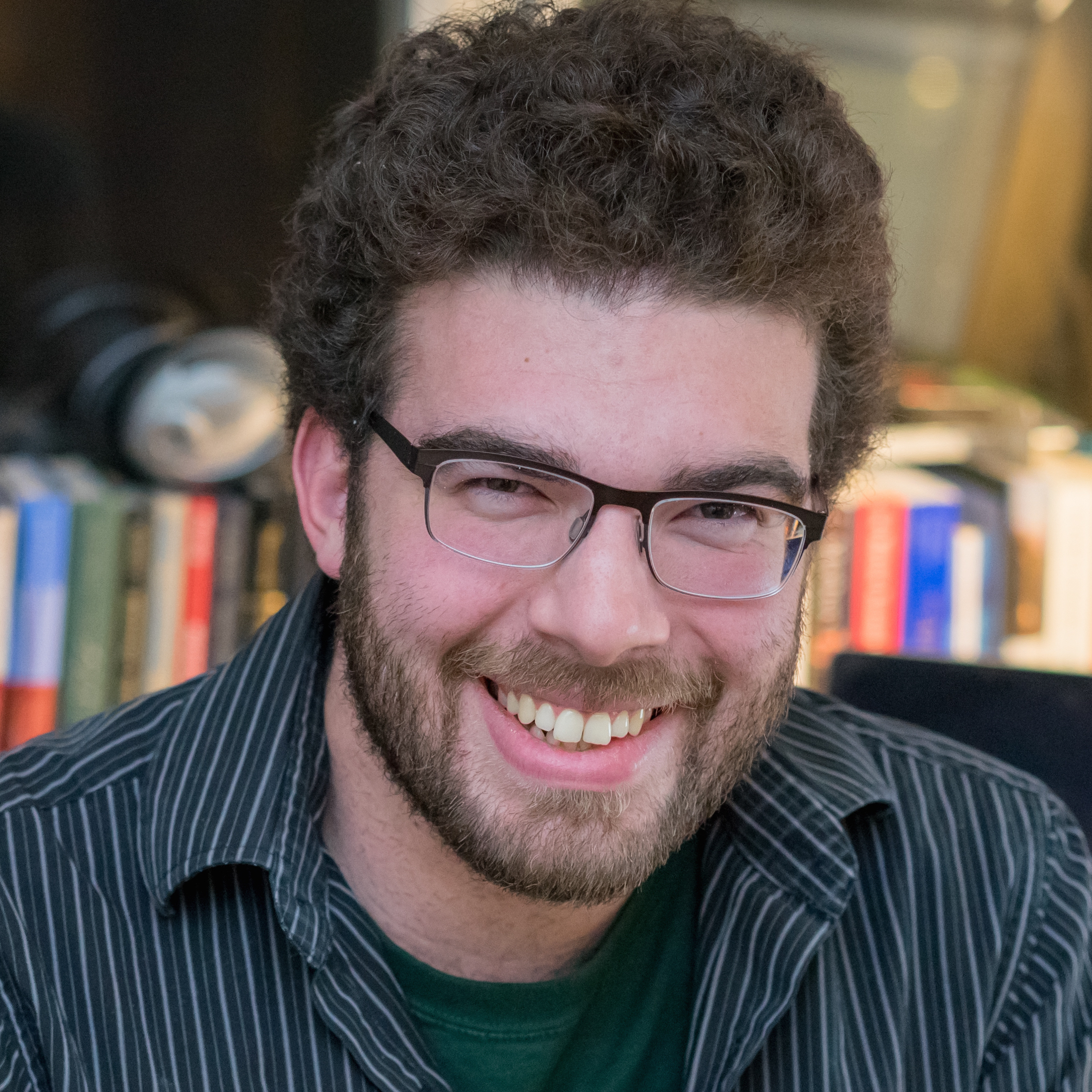AIAS Seminar: Samuel Mehr, Harvard University, USA
Principles of music perception
Info about event
Time

The talk is streamed via Zoom. Join URL: https://aarhusuniversity.zoom.us/j/64628535572 to attend.
Speaker: Samuel Mehr, Research Associate, Department of Psychology, Harvard University
Abstract
Discovering the universal features of human musicality is a prerequisite for explaining the biological and cultural evolution of music. What is universal about the psychological representation of music, and what varies? In this talk I will present analyses of the Natural History of Song Discography, which includes songs recorded in 86 mostly small-scale societies, and experiments using these songs. We find that acoustical forms of songs are predictive of their primary behavioral functions across cultures. Adult listeners worldwide are sensitive to this fact, in that they accurately infer behavioral functions even when the songs are from unfamiliar cultures and sung in unfamiliar languages. Such effects are not, however, merely a result of musical or cultural experience: both young children and infants show comparable effects, with little evidence for increases in sensitivity across ages. Moreover, high-level representations of musical behaviors are apparently enabled by lower-level processing of pitch and duration information into tonal and metrical representations. These cognitive phenomena may form a foundation for a universal psychology of music underlying culturally varying phenomena, such as musical aesthetics.
Short bio
Samuel A. Mehr is Principal Investigator at The Music Lab, Department of Psychology, Harvard University. He studies how and why the design of the human mind leads us to perceive, create, and engage with music across human societies and across the lifespan. Originally a musician, Sam earned a B.M. in Music Education from the Eastman School of Music, followed by a doctorate in Human Development from Harvard. You can participate in Sam's research at https://themusiclab.org and follow him on Twitter @samuelmehr.
What is an AIAS Seminar?
The AIAS Seminar is a session of seminars held by the AIAS fellow or by other speakers proposed by the fellows. In each seminar, one fellow will present and discuss his/her current research and research project, closing off with a question and discussion session.
All seminars are held in English.
